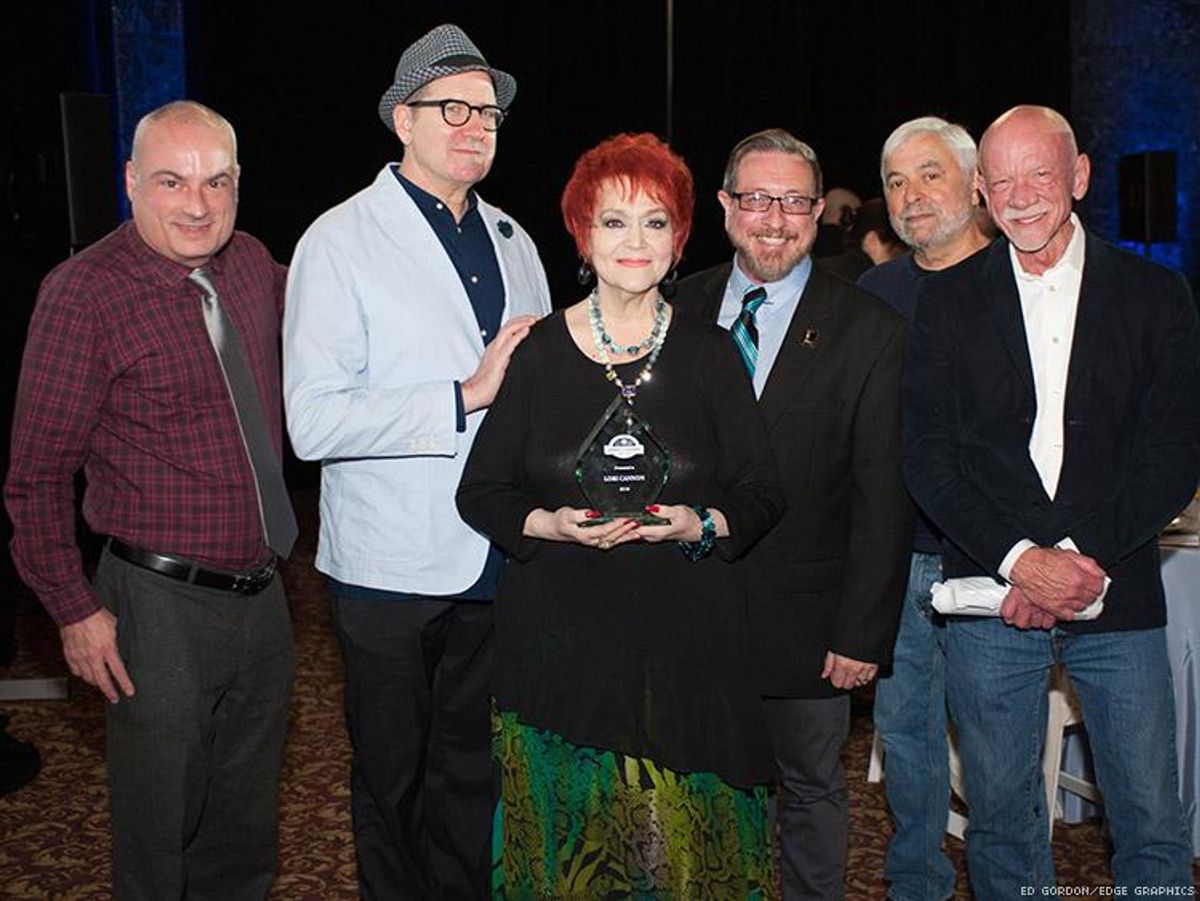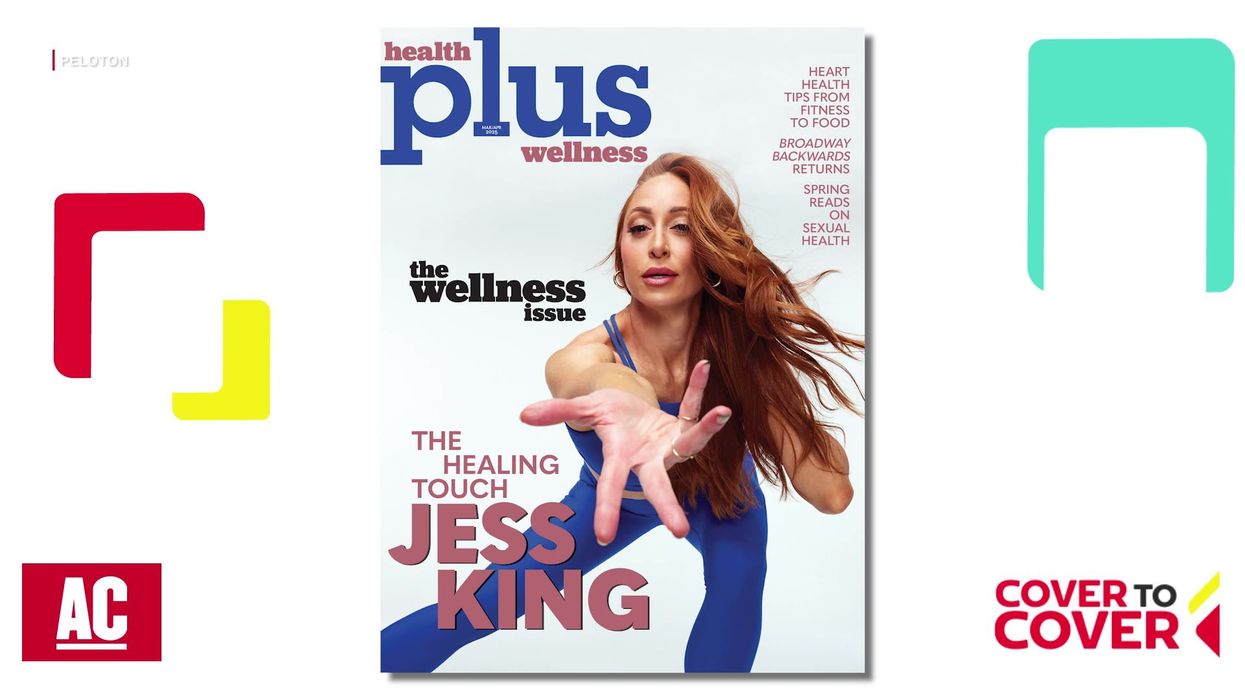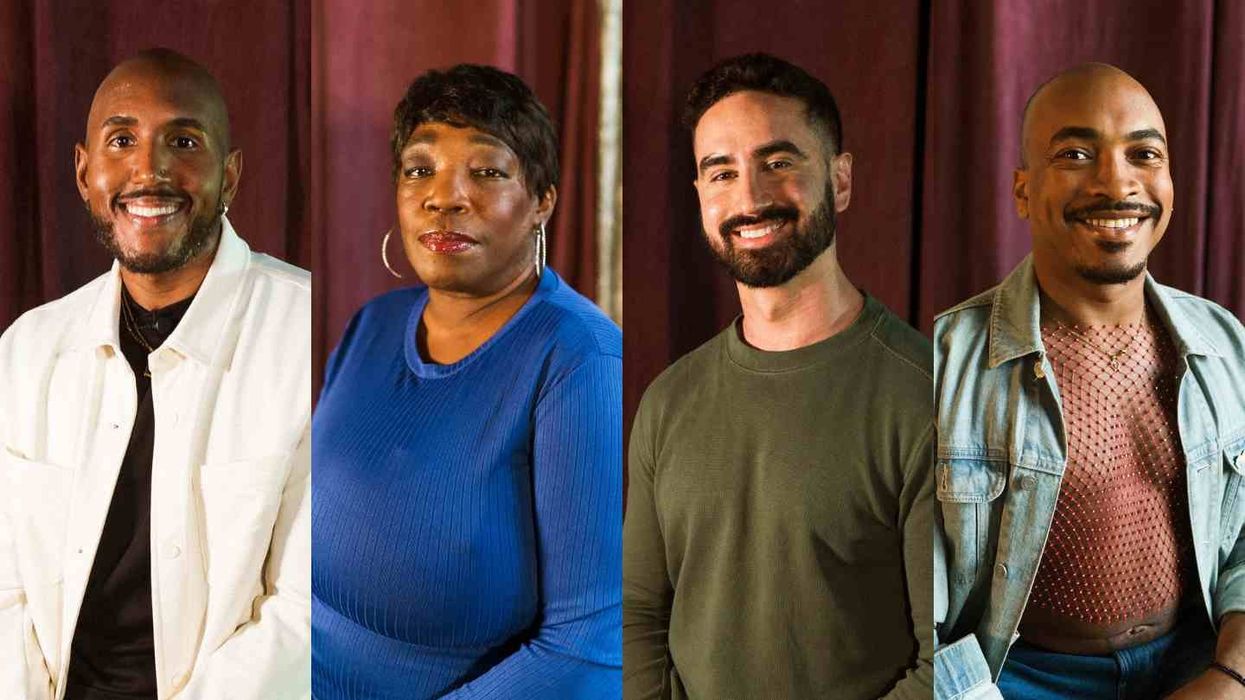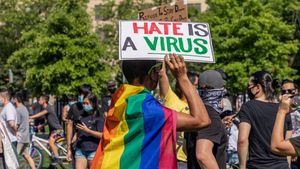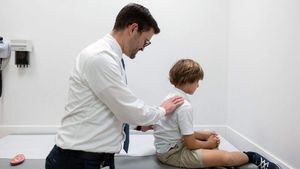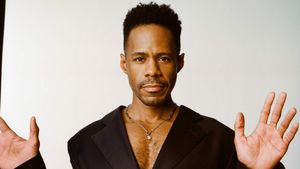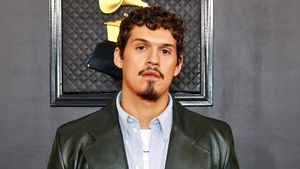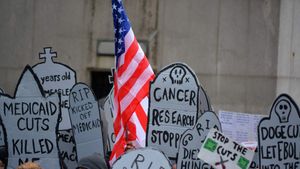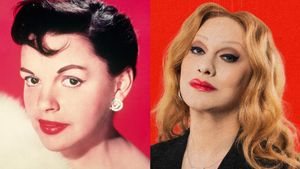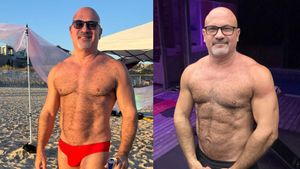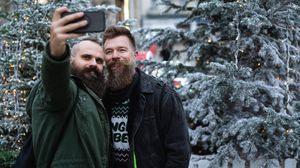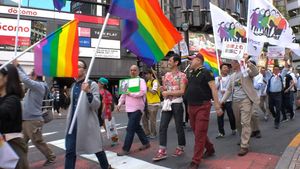No one starts out to be an activist. You might find things you advocate for, but being an activist is usually something that finds you. That was what AIDS did — it found me — it found all of us. And nothing will ever be the same.
My relatively quiet transformation from bus driver to cofounder of Chicago’s first meals program for people with HIV or AIDS began in the mid-1980s. I worked as a volunteer for Chicago House, the first agency here conceived to provide housing for people with AIDS. Among other things — like working with the Buddy Program — my job was to plan the weekly "family meals" that were enjoyed by residents, staff, and volunteers alike. It was the earliest, darkest days, and we formed a bond of community that would come to define everything going forward.
It was while I was at the National March on Washington for Gay and Lesbian Rights in 1987 that a more expansive vision of activism began to present itself for me. It was there that I encountered the Names Project AIDS Memorial Quilt for the first time. This massive public art project spearheaded by my friend and mentor Cleve Jones commemorated the lives of those who had succumbed to AIDS — which was a rapidly growing number of my closest friends.
I became committed to the quilt’s mission and worked to help create the local chapter of the Names Project to bring the massive installation to Chicago in 1988, 1990, and 1994. I also went back to Washington to volunteer for subsequent national displays in 1992, 1993, and 1995. But as much as I have always cared passionately about honoring those who have fallen — our war dead — I became increasingly concerned about caring for the living.
As AIDS reached epidemic proportions, where death was our constant companion, our anger at government’s and society’s indifference needed a place to go. For me it meant becoming a regular fixture in the street activism of ACT UP/Chicago — the AIDS protest group that used guerilla tactics and street “zaps” to challenge the political indifference of the establishment. Our need for assistance of every kind was met by a deafening silence — so we fought back the only way we know how. I miss those days. Not the sorrow or even the anger, as much as I miss the sense that you were alive and every damn day mattered.
Together with a small group of Chicago activists from ACT UP and the Names Project I worked to launch Open Hand/Chicago in 1988 — a tiny organization born in one person’s kitchen that would rapidly grow into an enormous “meals on wheels” program focused on bringing life-giving hearty, healthy, hot meals to people with AIDS in Chicago. Open Hand’s original parameters were modeled after the parent program, which I went to San Francisco to study.
But very quickly Chicago’s program began to eclipse all that came before it. It began with laying out the driving routes for delivering meals cooked in a modest kitchen. But — fueled by the urgency of the unfolding catastrophe — I was soon overseeing an army of 400 volunteers who turned out seven days a week to deliver hot ready-to-eat evening dinners and box lunches (for the next day) to over 1,200 people suffering from AIDS. And there was never a waiting list.
In 1994. recognizing the changing epidemiology of the disease, I returned to San Francisco to study a food pantry program that provided groceries to people with. Thanks to the advent of the protease inhibitor “cocktail,” thousands of people were freed from an automatic death sentence, but were still too sick to do more than provide minimal care for themselves. Knowing that three times as many people could be fed from every dollar raised that previously went to home-delivered meals — the GroceryLand food pantry, a division of Open Hand – was opened in Lake View, adjacent to Chicago’s Boystown neighborhood.
Within three years, Open Hand was operating a network of five pantries throughout the Chicago area. Today, it remains the only network of food pantries to exclusively serve the AIDS community in the United States. In the 22 years that the pantry system has been operating — through name changes and program mergers — hundreds and hundreds of volunteers have come together to provide grocery services to tens of thousands of clients — all while meals on wheels have continued for those who are housebound or who simply cannot cook for themselves.
Each week’s grocery shopping trip for the network’s several hundred client provides three healthy, balanced, dietitian-programmed meals every day. The pantry network is now part of Heartland Health Outreach, where I serve day-to-day as program manager of the North Side Food Center. We order food, stock shelves, train new volunteers, greet clients, and deal with the incredible administration that has grown from a simple idea to feed people 28 years ago.
Of course, nothing happens in a vacuum, and the amount of money required to support such an expansive mission for nearly three decades is staggering. In addition to countless philanthropic grants we have gotten over the years, we are proud to count several pharmaceutical companies, MAC Cosmetics, Jenner & Block Law, Walgreens, Levi Strauss, and Fifth Third Bank as among our most reliable and generous funders — often stepping up just when the shelves were getting bare due to budget cuts brought on by the recent recession and dwindling government support. The need never ends.
Today we celebrate a bittersweet milestone … after nearly three decades our food program services have, combined, resulted in over 15 million meals delivered, served, or prepared for those who still suffer from AIDS. The headlines long ago stopped following the story of an epidemic people now seem inclined to shrug off as an anachronism, or worse, a manageable disease. I have no choice but to take the 15 million milestone in stride. It means something. But I also know that young people continue to become infected at alarming rates — and that, no matter how many meals we serve, the number of people “cured” remains the same as it was 28 years ago: zero.
Like all of us who have survived the plague, we owe a debt to every person who has touched our lives. Our friends and loved ones, our volunteers and clients — everyone who is no longer here to speak for themselves. These people died counting on us to carry on long after they were gone. We owe them that.
LORI CANNON is the founder of Open Hand/Chicago, the city's only food pantry and grocery center for those affected by HIV and AIDS.
